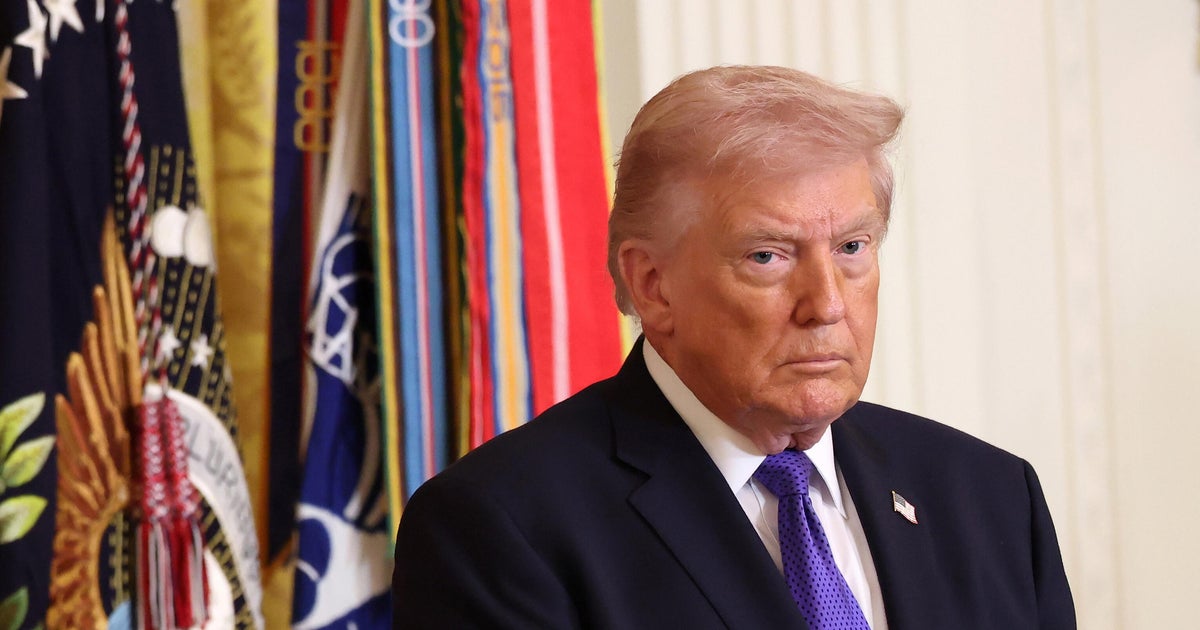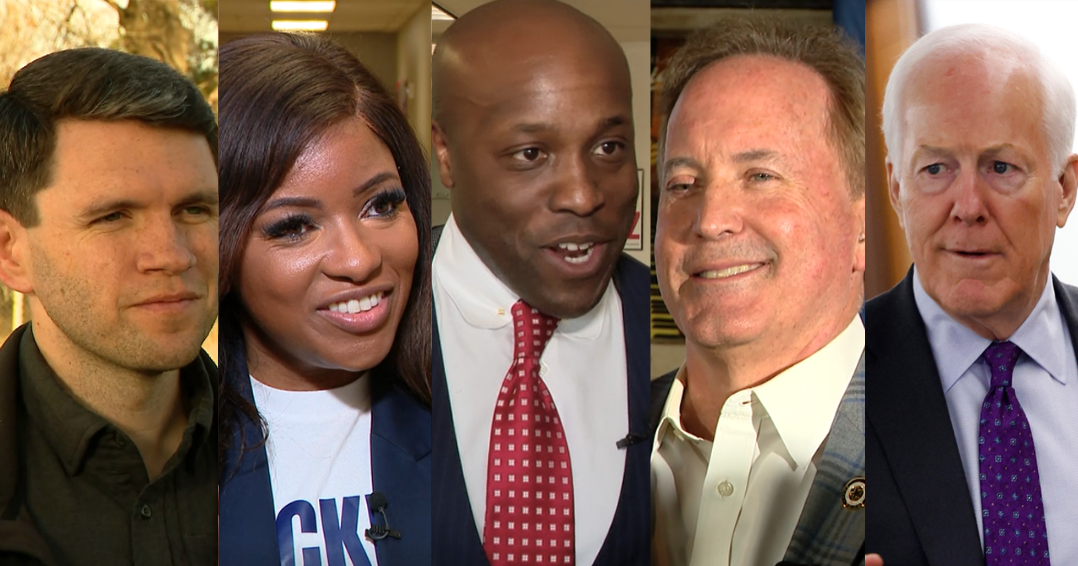Top congressmen meet with intelligence officials about FBI informant
After a series of evolving pronouncements and significant posturing, lawmakers from both parties attended a pair of briefings on Thursday about the FBI's use of an informant during its investigation into connections between Russian actors and members of the Trump campaign.
Senior intelligence and law enforcement officials, including FBI Director Christopher Wray, Deputy Attorney General Rod Rosenstein and Director of National Intelligence Dan Coats attended the briefings. Two White House officials – Chief of Staff John Kelly and lawyer Emmet Flood – attended a portion of the meetings, though the White House later said, in a statement, that Kelly and Flood only made "brief remarks before the meetings started to relay the President's desire for as much openness as possible under the law." Neither Kelly nor Flood was present for the meetings themselves, according to the White House.
"They also conveyed the President's understanding of the need to protect human intelligence services and the importance of communication between the branches of government," the statement said.
The top Democrat on the House Intelligence Committee, Rep. Adam Schiff, D-Calif., attended the briefings and called Flood's presence "completely inappropriate," a sentiment he did not hide from Flood during the briefings.
"Emmet Flood's presence and statement at the outset of both meetings today was completely inappropriate," Schiff said in a statement. "Although he did not participate in the meetings which followed, as the White House's attorney handling the Special Counsel's investigation, his involvement — in any capacity — was entirely improper, and I made this clear to him."
Schiff also said that his presence "only underscores what Rudy Giuliani said: the President's legal team expects to use information gleaned improperly from the Justice Department or the President's allies in Congress to their legal advantage."
Warner echoed the sentiment, tweeting that "the President's Chief of Staff and his attorney in an ongoing criminal investigation into the President's campaign have no business showing up to a classified intelligence briefing."
The plans for the briefings – even those that were announced publicly – changed repeatedly in the hours leading up to them, the apparent result of a behind-the-scenes, partisan tug-of-war about who should be briefed, where, and alongside whom.
In what appeared to be an extraordinary concession to House Intelligence Committee chairman Devin Nunes, R-Calif., the briefings were ultimately conducted in two rounds – one, at noon, took place at the Department of Justice and was attended by Chairman Nunes, Rep. Trey Gowdy, R-S.C., Schiff, and House Speaker Paul Ryan. A second briefing, which took place two hours later in a secure space on Capitol Hill, included the Gang of 8 – minus Speaker Ryan, who cited a scheduling conflict.
In a statement, Ryan later thanked the Justice Department for arranging the briefing but declined to elaborate, saying "I cannot and will not comment on a classified session."
Democrats, for their part, emerged from the briefings unmoved. Speaking on behalf of the Democratic faction of the Gang of 8 Rep. Schiff said, "Today's Gang of 8 briefing was conducted to ensure protection of sources and methods. Nothing we heard today has changed our view that there is no evidence to support any allegation that the FBI or any intelligence agency placed a spy in the Trump campaign or other wise to failed follow appropriate procedures and protocols."
In recent days President Trump has issued a number of tweets accusing the FBI of planting and paying a "spy" in his campaign – which he on Wednesday termed "SPYGATE" and later decried as "illegal" and "one of the political scandals in U.S. history."
It is unclear whether the Republicans who attended were satisfied with the briefings' outcome. Rep. Nunes has subpoenaed documents – which he and other Republican allies have argued are required for proper oversight of the Department's investigation – and threatened to hold Wray and Rosenstein in contempt if they are not provided.
Before the noon briefing, Rep. Gowdy told CBS News, without elaborating, "There are certain things you can only learn from documents and certain things you can learn from briefings."
Democrats have expressed concerns that Republicans' demands are animated by a desire to undermine the work of Special Counsel Robert Mueller – or else to directly inform the President's legal strategy.
There was at least one indication the latter was a consideration – in an interview with Politico, Trump lawyer Rudy Giuliani said on Thursday, "We want to see how the briefing went … and how much we learned from it."
"If we learned a good deal from it, it will shorten that whole process considerably," he said.
Democrats involved in the briefing seemed perturbed, at a minimum, by the possibility that some information could get back to the President.
As he left the Gang of 8 briefing, Senate Intelligence Committee Vice Chairman Mark Warner, D-Virg., called the smaller, noon briefing at DOJ a "rogue" meeting. Though he said the White House officials left before the meeting was substantively underway, he added, "never seen a Gang of Eight meeting that included any presence from the White House."
"Unusual times," Warner said.





